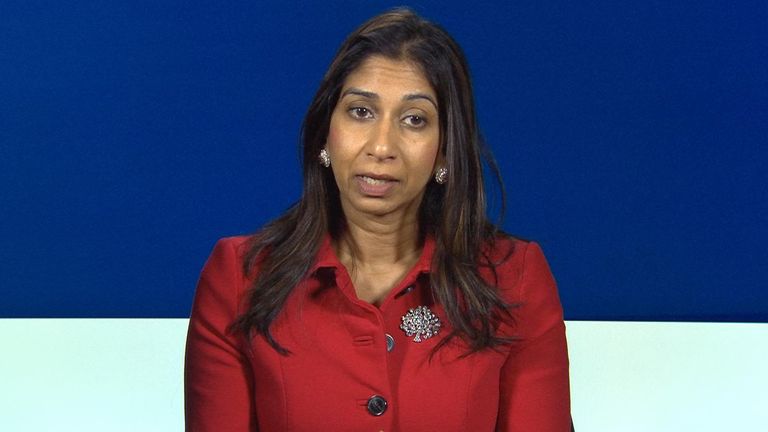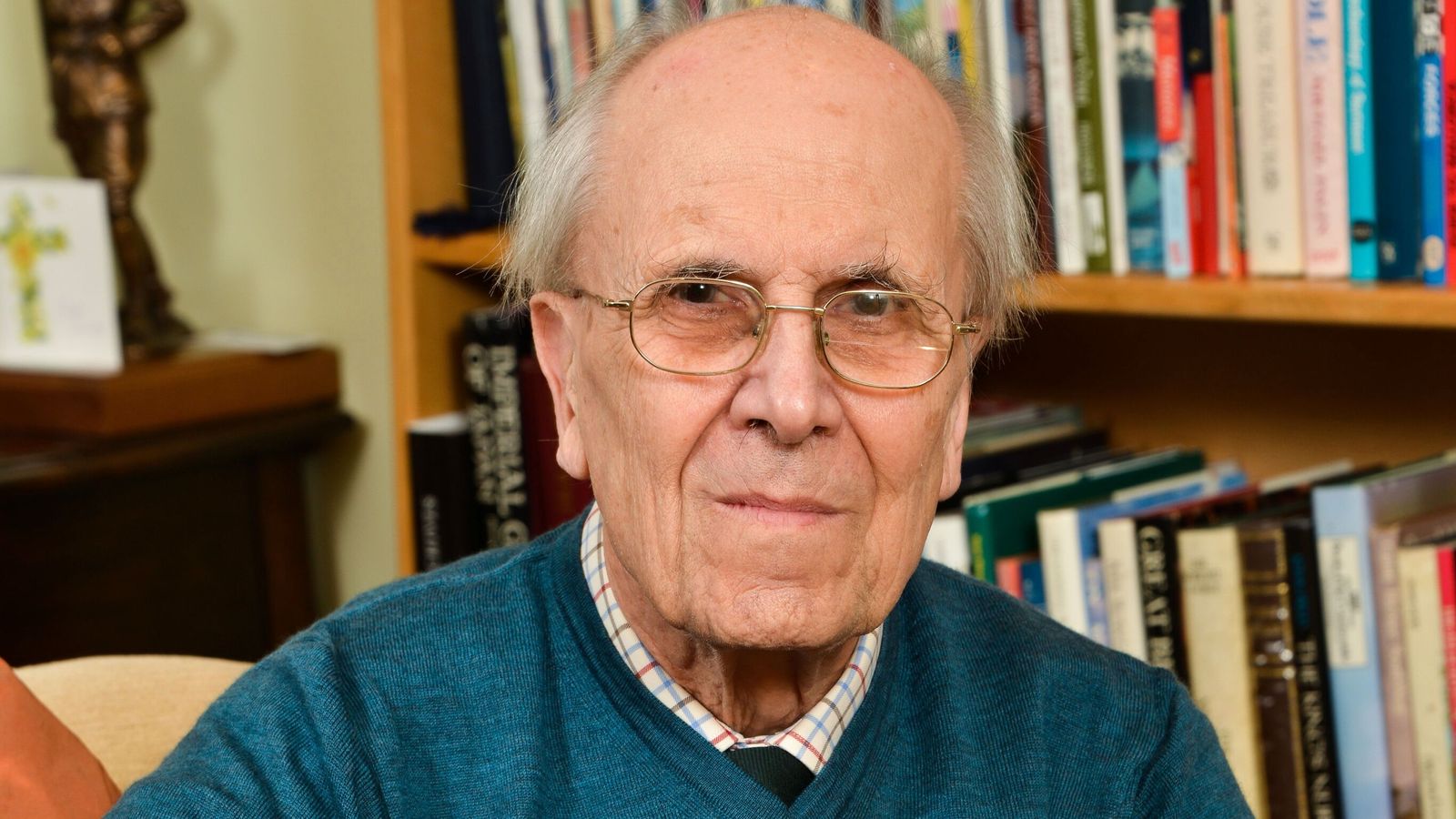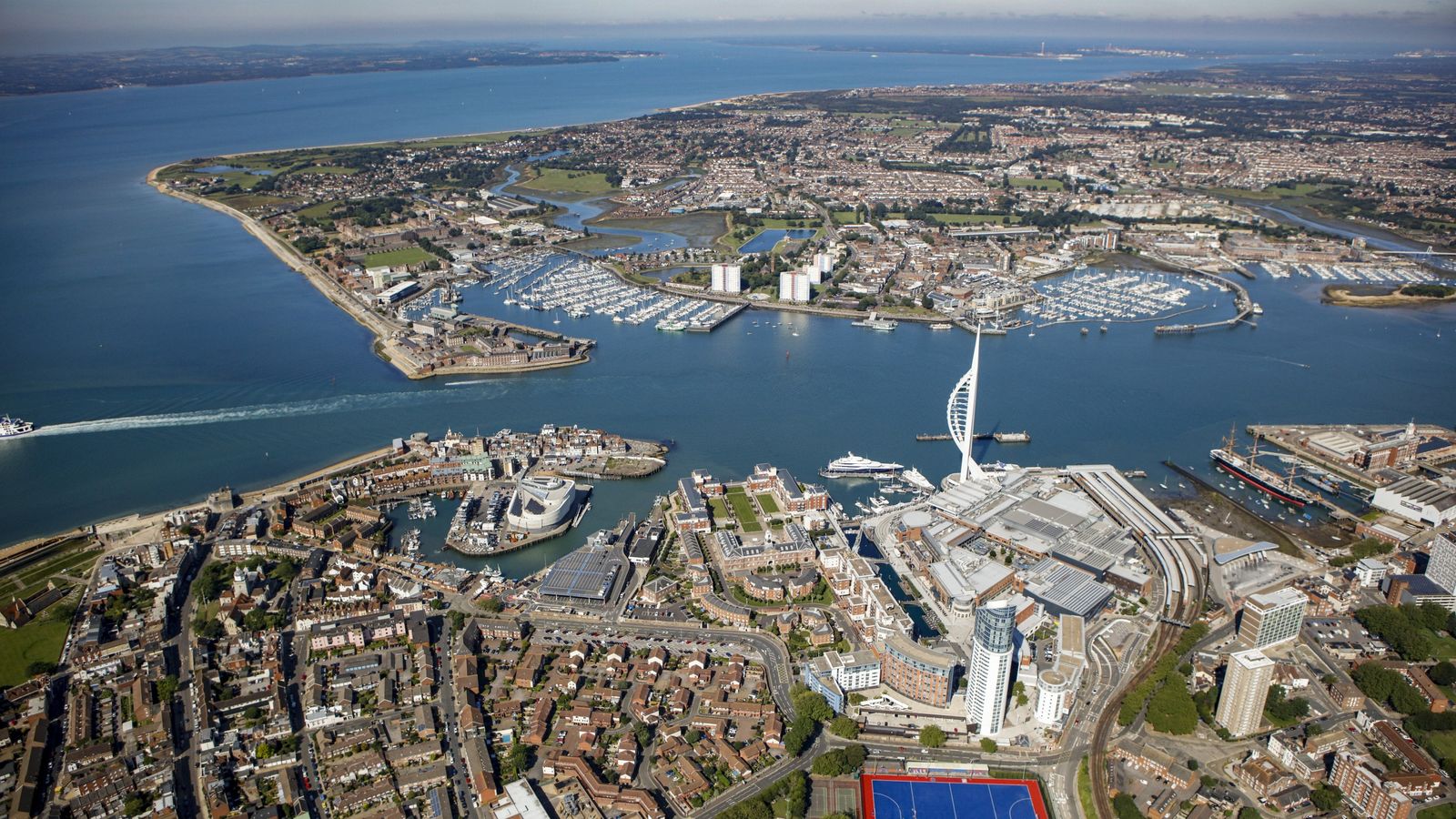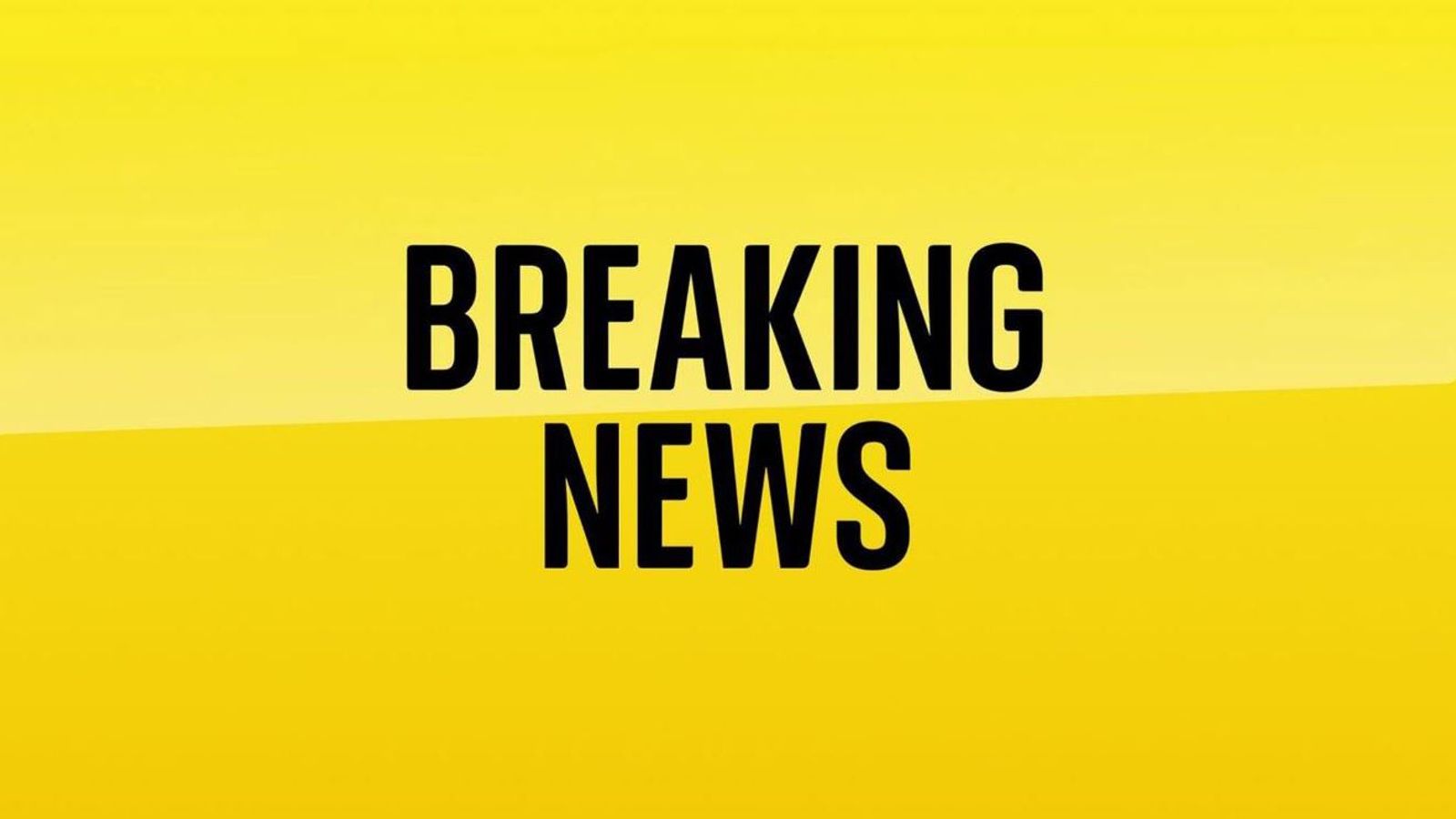
Poised to scatter morsels of red meat to the right of the Tory party, Suella Braverman will today tell a centre-right thinktank that it’s time to re-examine the definition of the word “refugee”.
In Washington DC, the home secretary is set to accuse asylum seekers of shopping around, arguing that those who travel to the UK across the Channel in small boats are not fleeing imminent peril.
But this isn’t just about fulfilling Sunak’s pledge to stop the boats. This is about Braverman boosting her personal popularity ratings among the right of her party ahead of an election most Tories fear they will lose.
Would Labour do a deal with Lib Dems? – politics live
Braverman claims 780 million people could claim asylum globally under the current interpretation of the UN Refugee Convention, and that there must be a greater distinction between the terms “persecution” and “discrimination”, “trafficking” and “smuggling”.
Although today’s speech will be music to the ears of the Tory right, how much is it likely to change the status quo?
A total of 146 countries are signed up to the UN Refugee Convention and it was created in the wake of the Second World War to protect the rights of people forced to flee conflict and persecution.
Although Braverman’s rhetoric may sound tough, it is a far from simple task to reform such an iconic convention – and it’s definitely not something the UK can do alone.
Already a vocal supporter of withdrawing from the European Court of Human Rights, Braverman has form when it comes to calling for radical immigration rhetoric.
But without taking the international community with her, the UK risks alienating itself on the world stage.
Read more:
The city of immigrants is being ‘destroyed’ by migration
Why PM could face bigger headache from legal migration than asylum backlog
Although Braverman will be hoping this speech will bolster her standing among those who believe illegal immigration will be a wedge issue at the next election, there is a risk of her rhetoric backfiring as she herself has been in charge of the failing asylum system she is so quick to criticise.
According to recent polling by YouGov, 86% of people believe the government is handling immigration badly and Labour remains the preferred party to handle immigration.
If this trend continues, the Tories will remain on shaky ground when it comes to immigration – something they once saw as their home turf.
Make no mistake, this is not a policy announcement.
This is a show of strength from a home secretary with leadership ambitions.
But will she be seen as a truth teller, or a politician quick to blame everyone and everything around her for her own failings?





